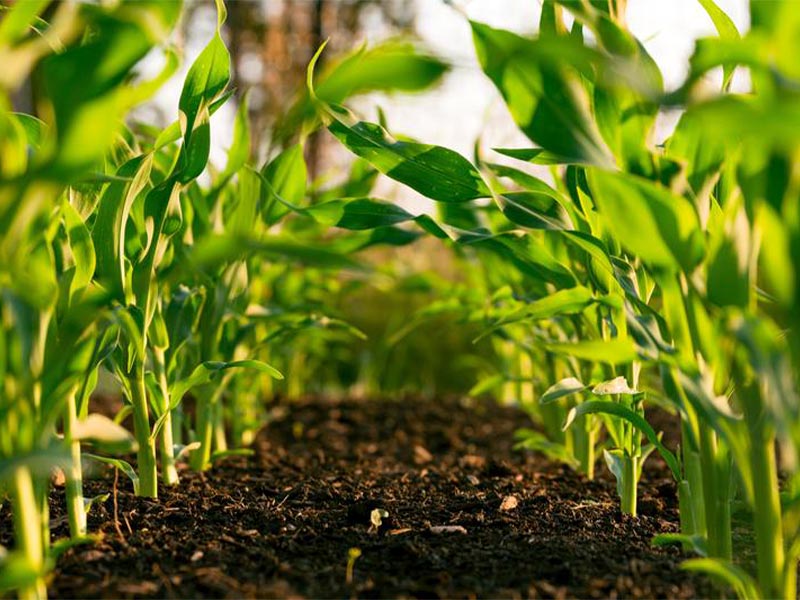The concept of biochar has transcended its conventional role as a soil amendment, evolving into a multifaceted solution with diverse applications across industries. This carbon-rich substance, resulting from the pyrolysis of organic materials, has garnered attention for its potential to revolutionize not only agriculture but also sectors ranging from energy to water treatment.
Biochar Production: Unveiling the Catalyst
Before delving into the manifold applications, understanding the intricacies of biochar production is imperative. The process involves subjecting biomass to high temperatures in an oxygen-limited environment, yielding a porous and stable carbonaceous material. Cutting-edge biochar production equipment plays a pivotal role in optimizing this process, ensuring efficiency and the desired characteristics of the final product.
Agriculture and Soil Health: The Foundation
While the traditional application of biochar involves enhancing soil fertility and structure, its role in agriculture extends beyond mere enrichment. The porous nature of biochar provides a refuge for beneficial microorganisms, fostering a symbiotic relationship that augments plant nutrient uptake. This synergy not only bolsters crop yields but also contributes to sustainable agriculture practices.

Carbon Sequestration: Mitigating Climate Impact
As the world grapples with climate change, biochar emerges as a potent tool in the arsenal against rising carbon levels. The carbon sequestration capacity of biochar lies in its stability and resistance to microbial degradation. Integrating biochar pyrolysis equipment (also called biomass pyrolysis plant) into carbon capture strategies can potentially offset carbon emissions, offering a dual benefit of waste biomass utilization and environmental preservation.
Biochar in Energy Production: A Renewable Horizon
The versatility of biochar extends into the realm of energy production, where it serves as a catalyst for sustainable practices. Co-firing biochar with biomass in power plants not only enhances combustion efficiency but also mitigates emissions of greenhouse gases. This synergy transforms biochar from a mere byproduct to a valuable contributor in the quest for cleaner and more efficient energy sources.
Water Filtration: Purifying the Essence
In the realm of water treatment, the porous structure of biochar proves invaluable. Its high surface area and adsorption capabilities make it an effective filtration medium for removing contaminants from water. This application transcends conventional filtration methods, showcasing biochar as a sustainable solution for addressing water quality challenges across diverse industries.
Industrial Applications: Reinventing Processes
The porous and stable nature of biochar finds applications in various industrial processes, where its unique properties bring about transformative changes. From metallurgical applications, where biochar acts as a reducing agent, to the pharmaceutical industry, where it serves as a carrier for drug delivery systems, the versatility of biochar opens new frontiers in materials science and manufacturing.
Livestock Farming: Balancing Nutrient Dynamics
In the agricultural sector, biochar emerges as a valuable adjunct in livestock farming. Incorporating biochar into animal feed not only enhances nutrient absorption but also aids in mitigating the environmental impact of livestock waste. The adsorptive properties of biochar play a role in reducing nutrient runoff, contributing to sustainable and eco-friendly farming practices.

Challenges and Future Prospects
While the applications of biochar are extensive and promising, challenges persist on the path to widespread adoption. Economic viability, scalability of production, and standardization of biochar quality are areas demanding concerted efforts. Research endeavors and technological advancements, especially in the realm of wood/coconut shell/rice husk/straw/baoboo/sawdust charcoal making machine, hold the key to overcoming these hurdles.
Future Outlook: A Paradigm Shift
As industries grapple with the imperative to adopt sustainable practices, the diverse applications of biochar present a paradigm shift. From agriculture to energy, water treatment to manufacturing, biochar stands as a testament to the potential inherent in aligning human innovation with ecological preservation. The ongoing evolution of biochar from a soil amendment to a versatile and indispensable resource marks a transformative chapter in the sustainable development narrative.
Discover the full range of our offerings by exploring Beston Group‘s website.